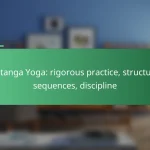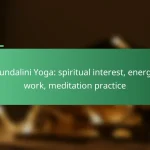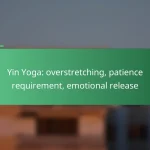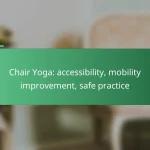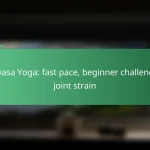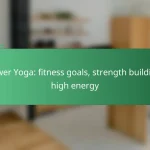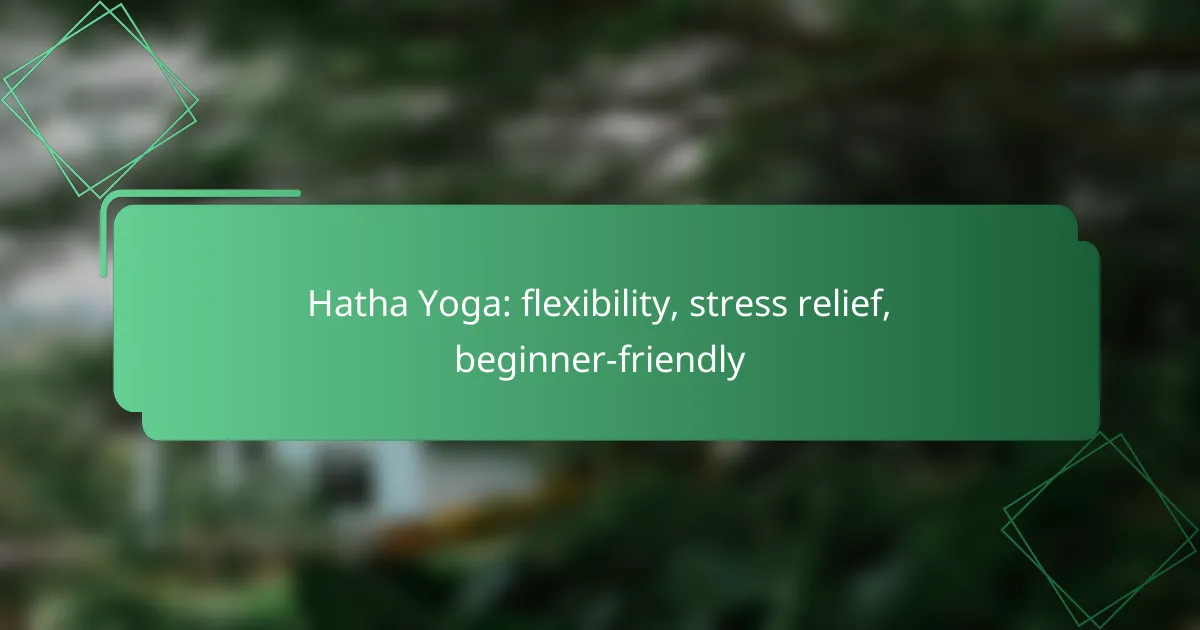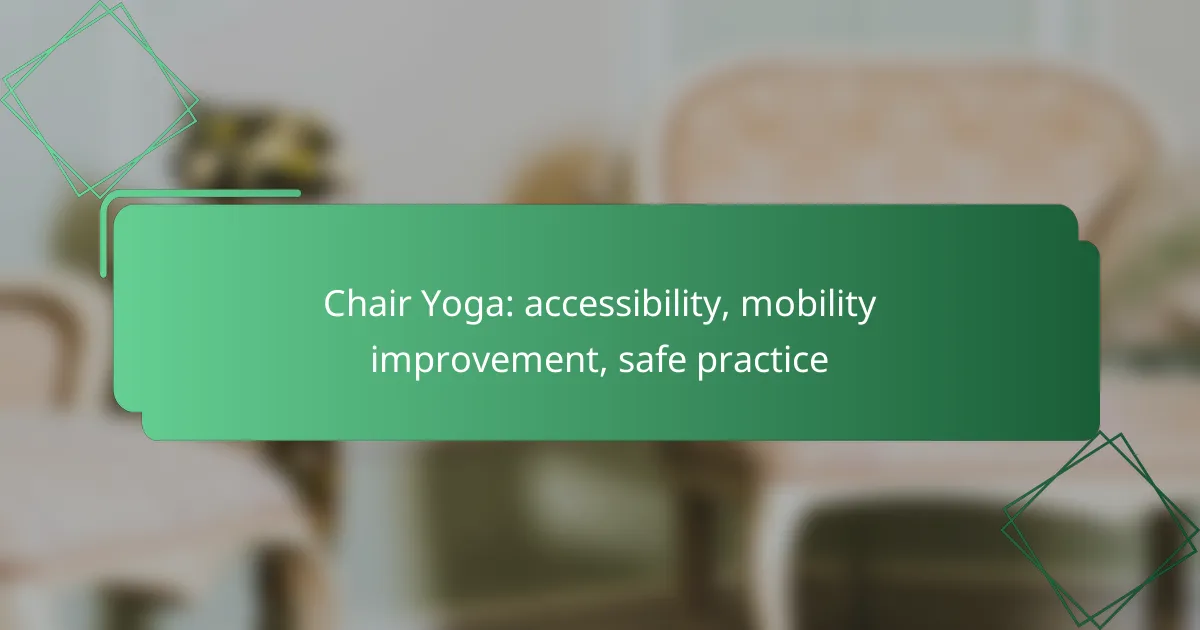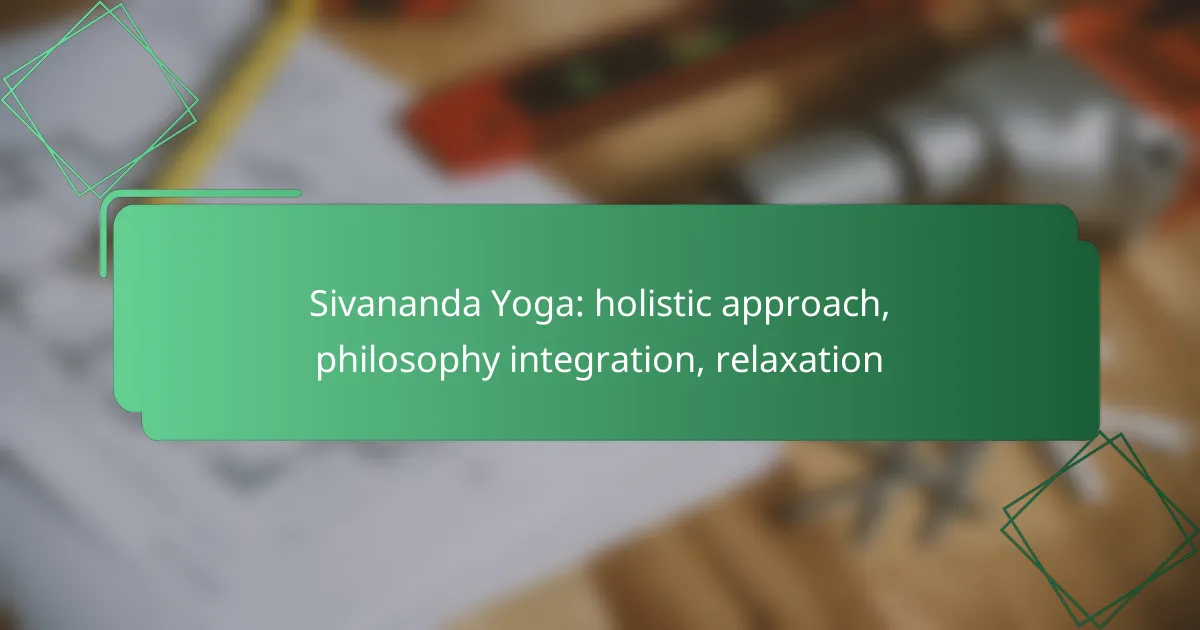Hatha Yoga is an excellent practice for enhancing flexibility, as it incorporates a variety of postures that stretch and lengthen muscles, gradually increasing your range of motion. Additionally, it effectively relieves stress by promoting relaxation and mindfulness through physical postures, breathing techniques, and meditation. With its beginner-friendly approach, Hatha Yoga is perfect for newcomers looking to build strength and flexibility at their own pace.
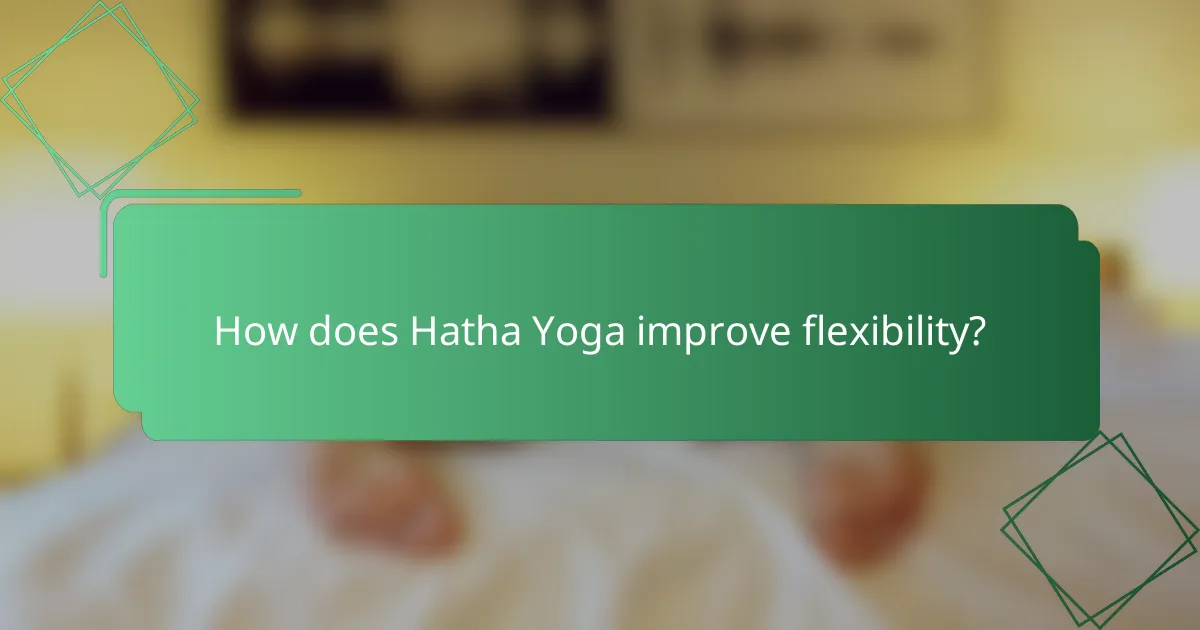
How does Hatha Yoga improve flexibility?
Hatha Yoga significantly enhances flexibility by incorporating a variety of postures that stretch and lengthen muscles. Regular practice encourages the body to adapt, gradually increasing the range of motion in joints and muscles.
Increases range of motion
Hatha Yoga poses are designed to gently stretch different muscle groups, which helps to increase the overall range of motion. For instance, poses like Downward Dog and Cobra can help open up the hips and spine, allowing for greater mobility. Practicing these poses consistently can lead to noticeable improvements in how freely you can move.
Enhances muscle elasticity
Through the combination of stretching and controlled breathing, Hatha Yoga promotes muscle elasticity. This means that muscles become more pliable and less prone to injury. Incorporating poses that focus on lengthening muscles, such as Forward Bend or Triangle Pose, can enhance this elasticity over time.
Promotes joint health
Hatha Yoga supports joint health by encouraging fluid movement and reducing stiffness. Many poses involve gentle rotation and stretching of the joints, which can help maintain their function and reduce the risk of conditions like arthritis. Regular practice can lead to better joint stability and overall mobility.
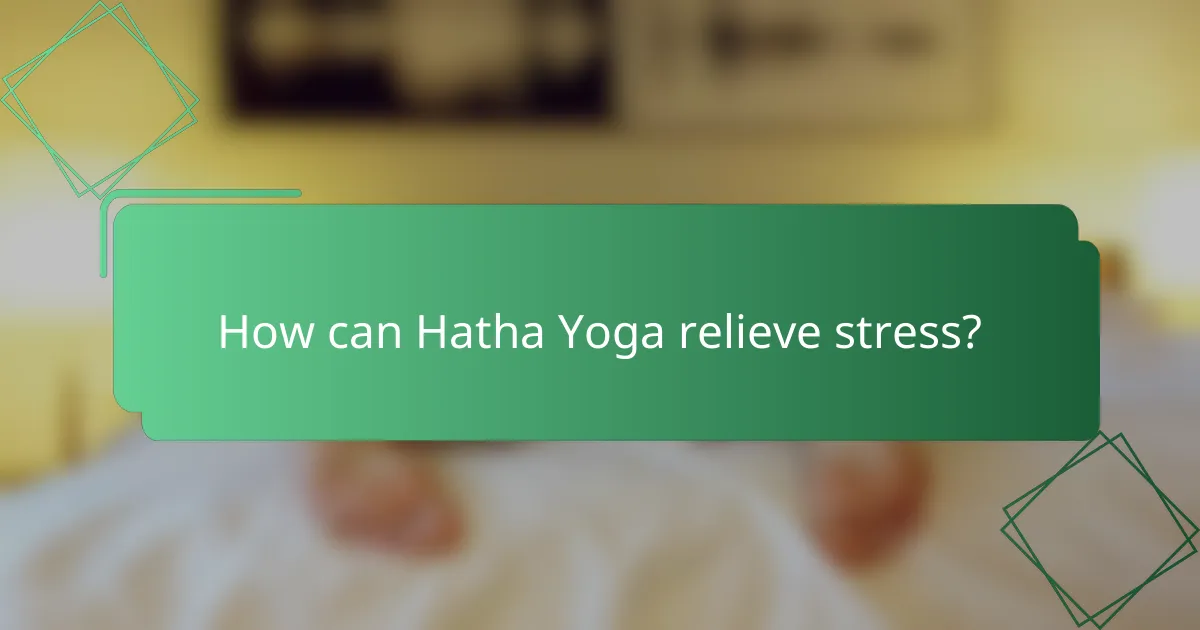
How can Hatha Yoga relieve stress?
Hatha Yoga can effectively relieve stress by promoting relaxation and encouraging a mindful approach to the present moment. Through a combination of physical postures, breathing techniques, and meditation, practitioners can reduce tension and cultivate a sense of calm.
Encourages mindfulness
Hatha Yoga encourages mindfulness by integrating breath awareness and focused attention during practice. This helps individuals become more attuned to their thoughts and feelings, fostering a greater sense of presence and reducing anxiety. Simple practices like observing breath patterns can enhance this mindfulness experience.
To maximize the benefits, try to maintain focus on your breath and body sensations throughout each pose. This can help clear the mind and promote a tranquil state, making it easier to manage stress outside of yoga sessions.
Reduces cortisol levels
Regular practice of Hatha Yoga has been shown to lower cortisol levels, the hormone associated with stress. Lower cortisol levels can lead to improved mood and reduced feelings of anxiety. Engaging in yoga for even a few sessions per week can contribute to these hormonal changes.
To effectively reduce cortisol, aim for sessions that include both physical postures and relaxation techniques, such as savasana (corpse pose) or guided meditation. Consistency is key; try to incorporate Hatha Yoga into your weekly routine for optimal results.
Improves sleep quality
Hatha Yoga can significantly improve sleep quality by promoting relaxation and reducing stress levels. Practicing yoga before bedtime can help calm the mind and prepare the body for restful sleep. Gentle stretches and breathing exercises are particularly effective in this regard.
Consider establishing a nighttime routine that includes a short Hatha Yoga session. Focus on restorative poses like forward bends and gentle twists to encourage relaxation. Aim for at least 15-30 minutes of practice to help signal to your body that it’s time to wind down.
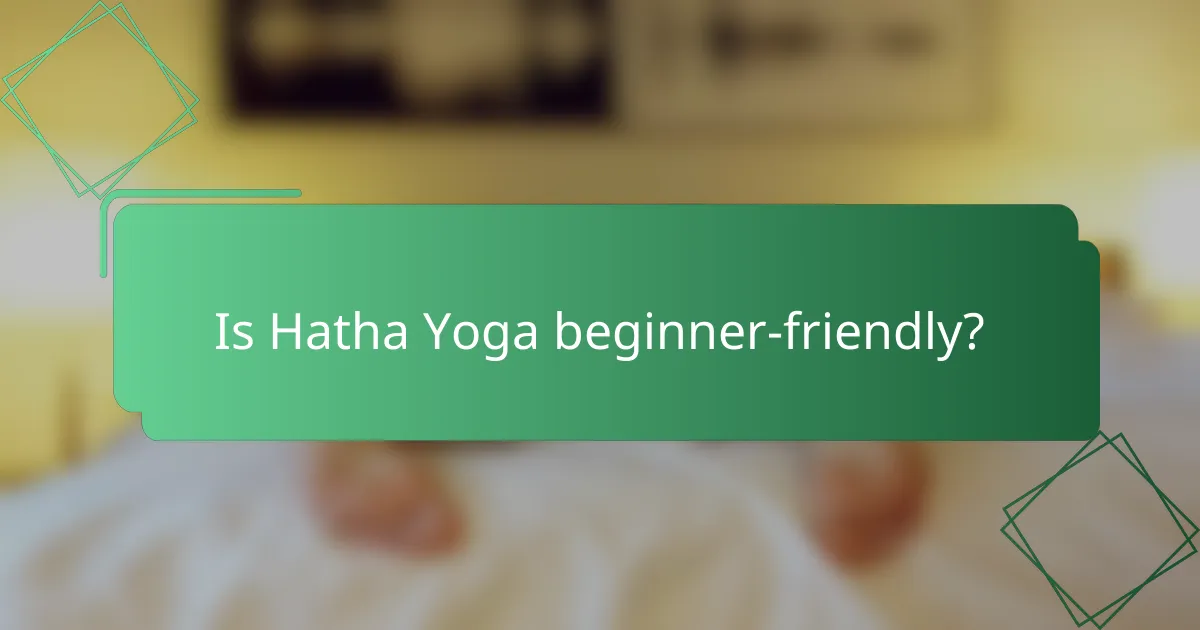
Is Hatha Yoga beginner-friendly?
Yes, Hatha Yoga is beginner-friendly, making it an excellent choice for those new to yoga. Its emphasis on basic postures and breathing techniques allows newcomers to gradually build strength and flexibility.
Accessible poses for all levels
Hatha Yoga features a variety of accessible poses that cater to different skill levels. Beginners can start with foundational postures like Mountain Pose, Downward-Facing Dog, and Child’s Pose, which help develop balance and flexibility without overwhelming the practitioner.
As practitioners gain confidence, they can explore more challenging variations or hold poses for longer durations. This gradual progression ensures that everyone can participate and benefit from the practice.
Guided classes available
Many studios and online platforms offer guided Hatha Yoga classes specifically designed for beginners. These classes often include detailed instructions and demonstrations, making it easier to understand each pose and its alignment.
Look for classes labeled as “beginner” or “introductory” to find sessions that match your skill level. Many instructors also provide modifications, allowing you to adapt poses to your comfort and ability.
Focus on foundational techniques
Hatha Yoga emphasizes foundational techniques such as proper alignment, breath control, and mindfulness. This focus helps beginners develop a strong base, which is essential for more advanced practices in the future.
Practicing these techniques regularly can lead to improved flexibility, reduced stress, and enhanced overall well-being. Beginners are encouraged to take their time, listen to their bodies, and cultivate a consistent practice to reap the full benefits of Hatha Yoga.
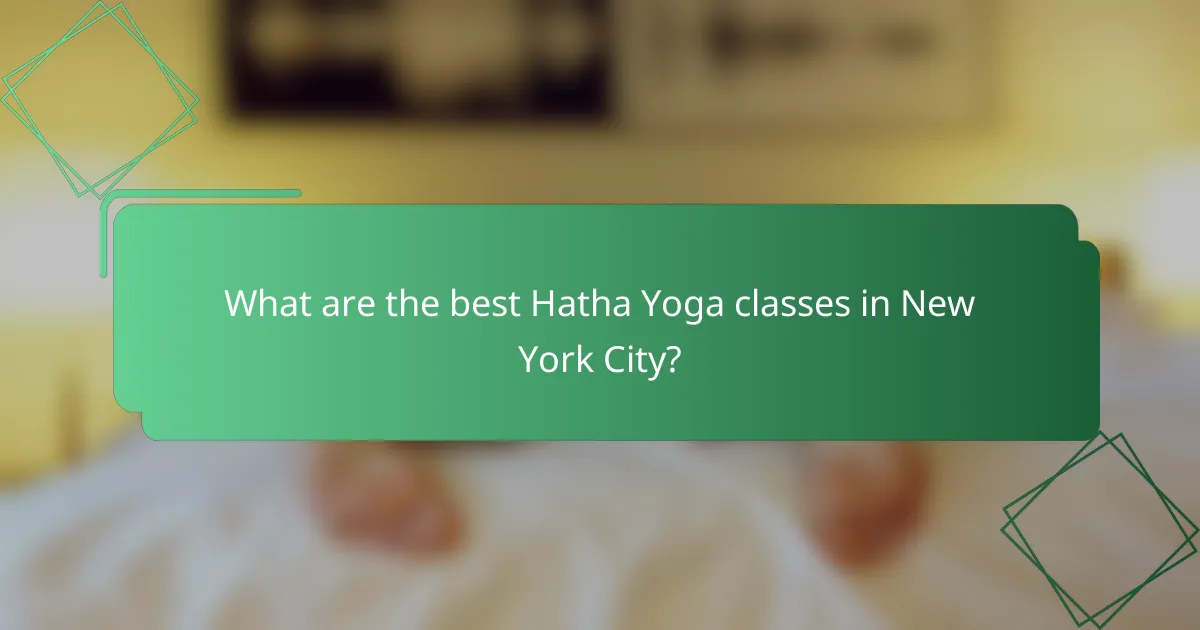
What are the best Hatha Yoga classes in New York City?
New York City offers a variety of excellent Hatha Yoga classes suitable for beginners and those seeking flexibility and stress relief. Some of the top studios include YogaWorks NYC, Jivamukti Yoga School, and Pure Yoga, each providing unique approaches and environments for practice.
YogaWorks NYC
YogaWorks NYC is renowned for its comprehensive approach to Hatha Yoga, blending traditional techniques with modern practices. Classes are designed to cater to all skill levels, making it an ideal choice for beginners looking to build flexibility and reduce stress.
With experienced instructors, YogaWorks emphasizes alignment and breath control, ensuring students develop a strong foundation. The studio offers various class times throughout the week, allowing for flexible scheduling to fit busy lifestyles.
Jivamukti Yoga School
Jivamukti Yoga School focuses on a holistic approach to Hatha Yoga, integrating physical practice with spiritual teachings. This studio is known for its vibrant community and engaging classes that often include music and philosophy discussions.
Classes at Jivamukti are typically dynamic, encouraging practitioners to explore their limits while fostering relaxation and mindfulness. Beginners can benefit from the supportive environment and the option to attend introductory workshops.
Pure Yoga
Pure Yoga offers a serene atmosphere ideal for those seeking a peaceful escape in the bustling city. The studio provides a range of Hatha Yoga classes that emphasize gentle movements and deep relaxation techniques, making it suitable for all levels.
With a focus on personal attention, instructors at Pure Yoga help students navigate their practice effectively. The studio also features amenities like meditation rooms and wellness services, enhancing the overall experience for participants looking to unwind and rejuvenate.
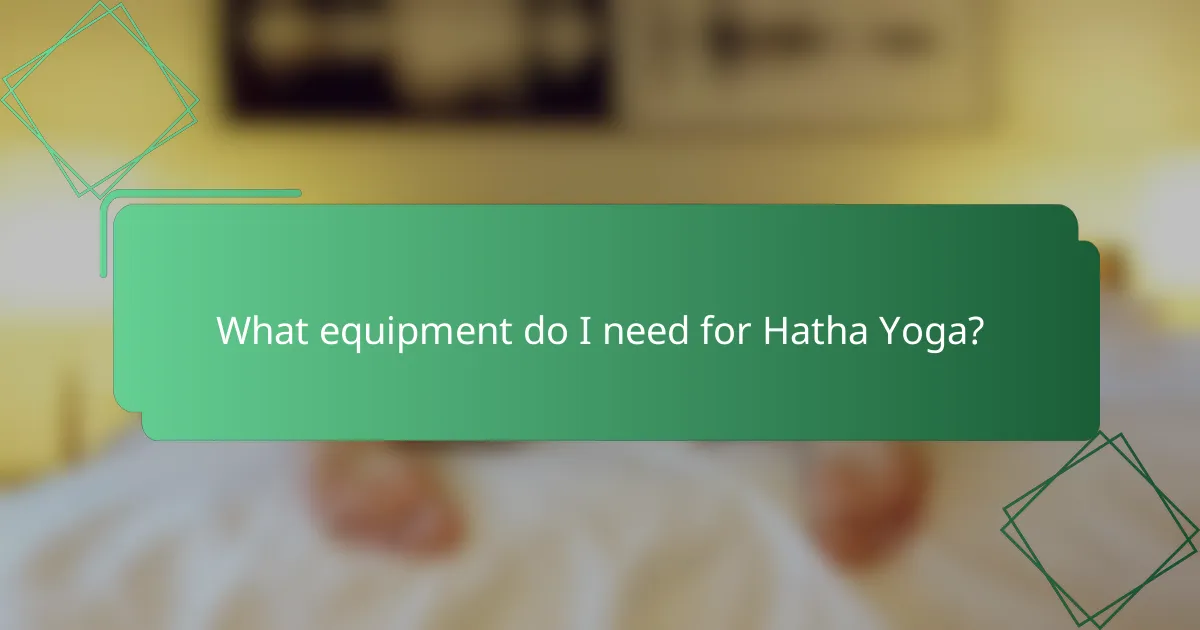
What equipment do I need for Hatha Yoga?
For Hatha Yoga, the essential equipment includes a yoga mat, blocks, and straps. These tools enhance your practice by providing support, stability, and comfort, especially for beginners.
Yoga mat
A yoga mat is crucial for providing a non-slip surface during your practice. It helps you maintain balance and prevents injuries by cushioning your body against hard floors.
When selecting a yoga mat, consider thickness, material, and texture. A mat that is around 4 to 6 mm thick offers a good balance of comfort and stability. Look for materials like PVC or natural rubber for durability and grip.
Blocks and straps
Blocks and straps are valuable tools that assist in achieving proper alignment and extending your reach during poses. They can help modify poses to suit your flexibility level, making them particularly useful for beginners.
Yoga blocks are typically made of foam, cork, or wood and come in various sizes. Straps, often made of cotton or nylon, can be used to hold poses longer or deepen stretches. When using these tools, remember to keep your body relaxed and avoid forcing any position.
